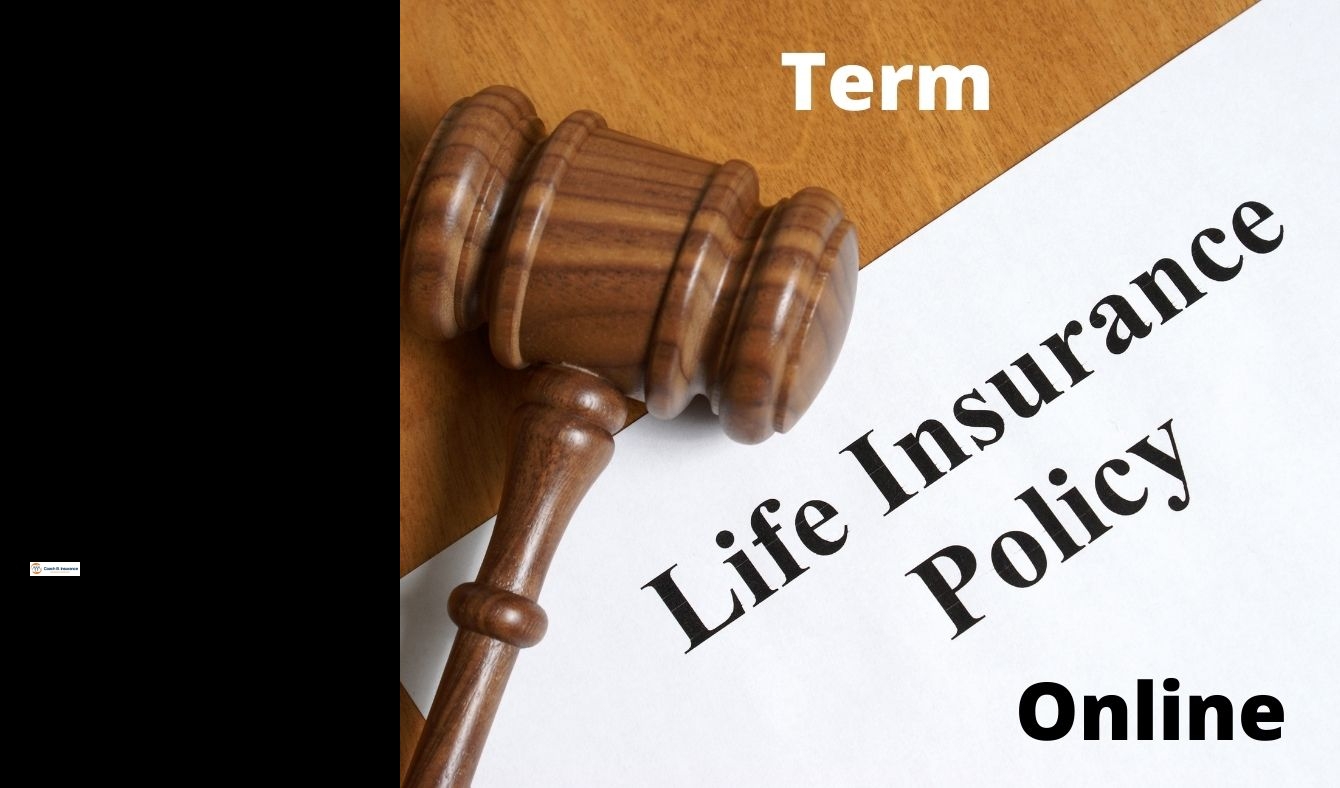term life insurance vs permanent life insurance
For term and whole-life insurance, there are no medical exam life insurance policies. The death benefits for whole-life coverage are usually limited to $50,000, which is ten times lower than the usual limit for term life benefits. A policy that does not offer medical exam coverage and a higher death benefit will usually mean that your answers to health questions will be used for medical exams.



